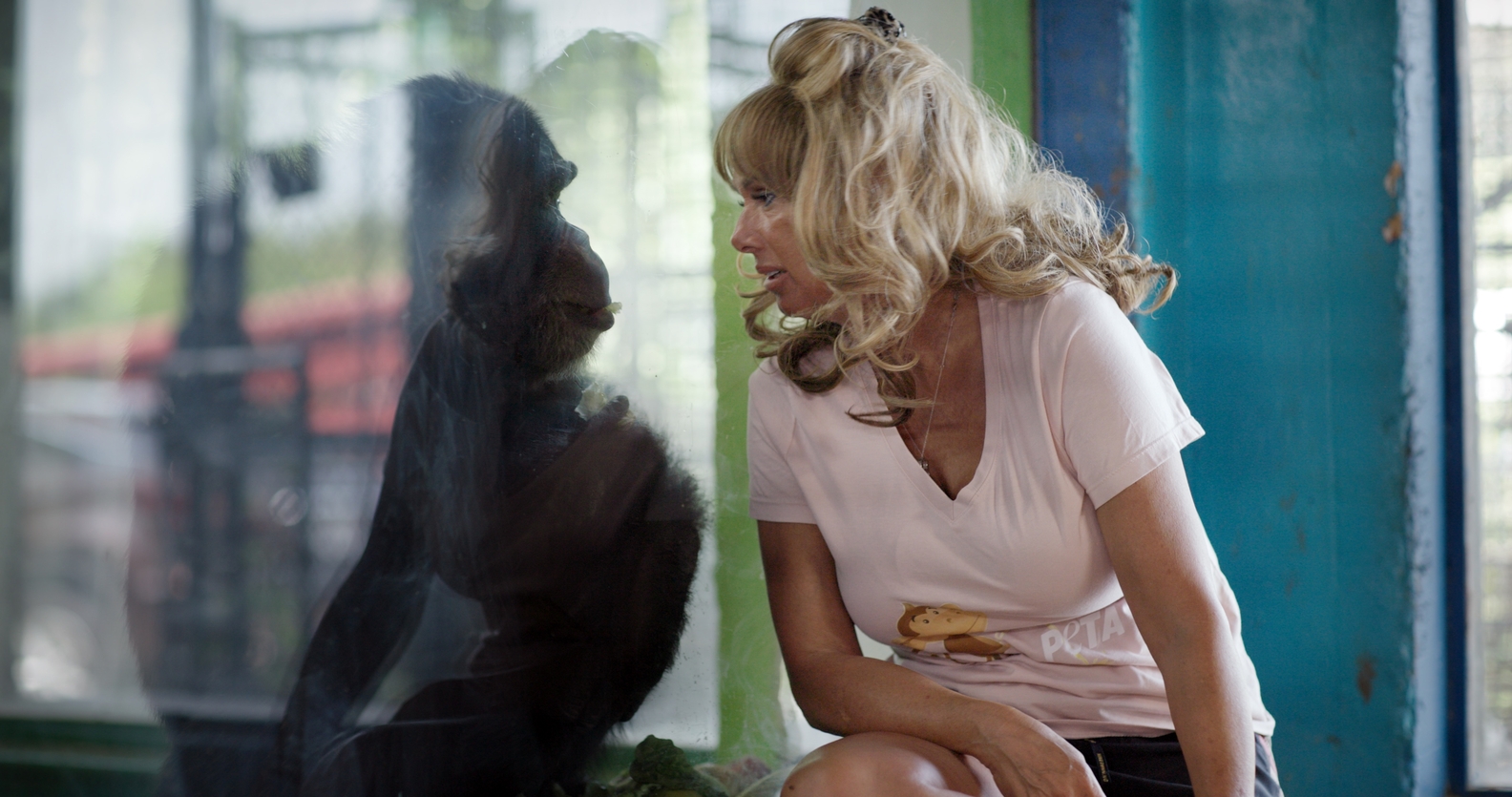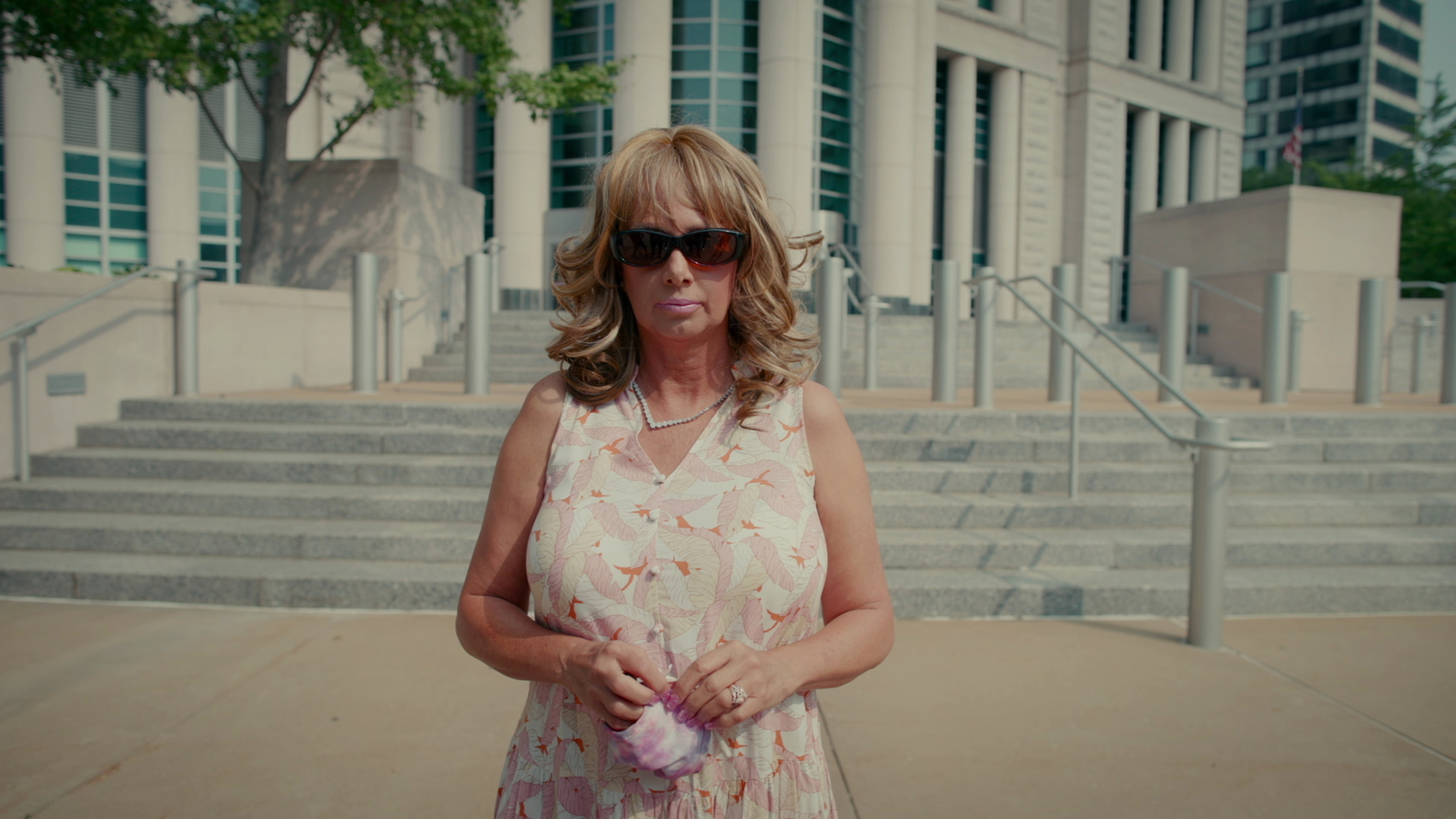Where Does Tonia Haddix Live? Exploring The Language Of Inquiry
There's a natural curiosity, you know, that often arises when we think about public figures, people who, in a way, capture our attention. So, it's almost a given that questions like "where does Tonia Haddix live?" might pop into someone's mind. This kind of inquiry, in some respects, speaks to our desire to connect with individuals we admire or simply want to know more about.
While the specific whereabouts of a public person are, quite rightly, private matters, the very act of asking such a question opens up a fascinating look at how our language works. We use words and structures every day, often without really thinking about their underlying mechanics, but these mechanics are pretty important for clear communication.
This article, you see, won't tell you Tonia Haddix's exact address, as that kind of personal detail is generally not public. Instead, we're going to use this common question as a starting point to explore the fundamental grammar that helps us form inquiries like this one. We'll be looking at the verb 'do' and its various forms, drawing insights directly from our grammar section, which really helps to explain these concepts.
Table of Contents
- Understanding the Query: Where Does Tonia Haddix Live?
- The Grammar Behind the Question: 'Do' and 'Does'
- Tonia Haddix: A Public Figure's Presence
- People Also Ask
Understanding the Query: Where Does Tonia Haddix Live?
When someone asks "where does Tonia Haddix live?", they are, you know, seeking specific geographical information about her home. This kind of question is pretty common for anyone in the public eye, whether they're an athlete, an artist, or a public speaker. It's a way people try to feel a bit closer to figures they follow, or perhaps, in some cases, just to satisfy a simple curiosity about their daily lives.
The phrasing of this question itself, however, is what we'll actually look at. It uses a very common verb, 'does', which is a present tense form of 'do'. Understanding why 'does' is used here, rather than 'do', is really key to forming correct questions in English. It's a fundamental part of our everyday conversations and writing, you know, making sure we sound clear and correct.
So, while the answer to "where does Tonia Haddix live" remains private, the grammatical structure of the question gives us a wonderful chance to explore some basic, but very important, English rules. It’s about how we put words together to make sense, which is, honestly, a pretty neat thing to think about.
The Grammar Behind the Question: 'Do' and 'Does'
Our journey into the question "where does Tonia Haddix live?" starts, you know, with the small but mighty verbs 'do' and 'does'. These two words, as a matter of fact, are used all the time in English, especially when we're asking questions or making negative statements. They are, in a way, the workhorses of our language, helping us to construct sentences that convey precise meaning.
The provided text, which you can explore further on our site, points out something pretty basic but vital: "Both do and does are present tense forms of the verb do." This means they talk about actions happening right now, or actions that happen regularly. For example, if you ask "Does Tonia Haddix live here?", you're asking about her current or regular residence, not something that happened in the past or will happen in the future. It’s about the here and now, which is, you know, pretty straightforward.
Do and Does: Present Tense Forms of 'Do'
To truly grasp "where does Tonia Haddix live," we first need to understand that 'do' and 'does' are both, you know, forms of the verb 'do' in the present tense. This is a pretty important distinction. When we talk about the present tense, we're discussing actions that are happening right now, or actions that are habitual or generally true. For instance, "I do my homework every evening" describes a regular activity. Similarly, "She does her best" describes a consistent effort.
The simple verb 'do' is, in some respects, one of the most versatile words in English. It can act as a main verb, meaning to perform an action, like "I do the dishes." But, very often, it also acts as an auxiliary verb, which means it helps another verb. In questions like "Where does Tonia Haddix live?", 'does' is doing just that; it's helping the main verb 'live'. This distinction, honestly, makes a big difference in how sentences are formed and understood.
Understanding that 'do' and 'does' are both present tense forms is, you know, the first step. It sets the stage for knowing when to pick one over the other. They both express current or habitual actions, but their usage, as we'll see, depends entirely on the subject of the sentence. This is, you know, a pretty common area where people sometimes get a little mixed up.
Subject-Verb Agreement: Who Uses 'Do' and Who Uses 'Does'?
The key to picking between 'do' and 'does', as the text reminds us, is that "Which is the correct form to use depends on the subject of your sentence." This is, you know, a fundamental rule of subject-verb agreement in English. It's about making sure the verb matches the person or thing doing the action. For instance, if you're talking about yourself, you'd say "I do." If you're talking about a group of people, you'd say "They do."
Our reference material clearly states: "Use 'do' with the pronouns i, you, we, and they." This is pretty straightforward, actually. Think about it: "I do like pizza," or "You do understand this, right?" We also say, "We do our part," and "They do their best." These examples, you know, show 'do' being used with plural subjects or the specific pronouns 'I' and 'you', which are treated as plural in this context.
Conversely, 'does' is reserved for singular third-person subjects. So, when we ask "where does Tonia Haddix live?", 'Tonia Haddix' is a singular third-person subject, just like 'he', 'she', or 'it'. This is, you know, a pretty consistent pattern in English grammar. Getting this right is, honestly, a big step towards sounding more natural and correct when you speak or write.
The 'He/She/It' Rule for 'Does'
The rule for 'does' becomes especially clear when we look at the third-person singular subjects: 'he', 'she', and 'it'. Our text mentions this directly: "He/she/it form of do 2" and "He/she/it form of do 3," along with "Present simple of do, used with he/she/it." This is, you know, a core concept in English grammar that applies broadly, not just to 'do'.
For example, if you're talking about a male person, you'd say "He does his chores." For a female person, "She does her work diligently." And for an object or an animal, "It does seem a bit strange." In the case of "where does Tonia Haddix live?", Tonia Haddix is a singular female person, so 'does' is the correct form to use. This is, you know, pretty consistent with how we handle verbs in the present simple tense when the subject is singular and not 'I' or 'you'.
This pattern is, honestly, one of the first things many people learn when they're getting a grip on English verbs. It helps to make sentences flow correctly and sound natural. So, when you're wondering about Tonia Haddix's residence, the 'does' in the question is, you know, simply following this very basic and important rule of English grammar.
Auxiliary and Action Verbs: A Deeper Look
The verb 'do' (and its forms 'does' and 'did') has, you know, a dual role in English. It can act as a main verb, showing an action, or as an auxiliary (or helping) verb. Our reference text highlights this: "We’ve put together a guide to help you use do, does, and did as action and auxiliary verbs in the simple past and present tenses." This distinction is, honestly, pretty important for understanding sentence structure.
As an action verb, 'do' means to perform or carry out something. For example, "I do my best work in the mornings." Here, 'do' is the primary action. Another example might be, "They do a lot of charity work," which describes their activities. In these cases, 'do' is, you know, the main event in the verb phrase.
However, 'do' and 'does' are very often used as auxiliary verbs, especially in questions and negative sentences. When you ask "Where does Tonia Haddix live?", 'does' is an auxiliary verb helping the main verb 'live'. It's not about Tonia Haddix 'doing' something in the sense of performing an action, but rather 'does' helps to form the question itself. Similarly, in a negative statement like "She does not live there," 'does' helps to negate the verb 'live'. This helping role is, you know, pretty crucial for grammatical correctness in English.
Defining 'Does': A Lexical Perspective
To truly appreciate the word 'does', it's sometimes helpful to

Tonia Haddix - Rolling Stone Australia

Tonia Haddix: Where is the Chimp Mom Today?

Tonia Haddix: Where is the Chimp Mom Today?